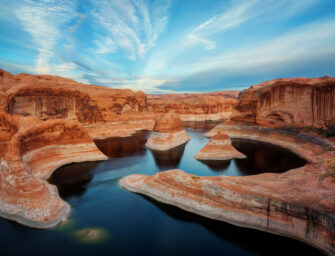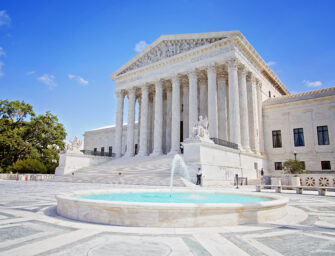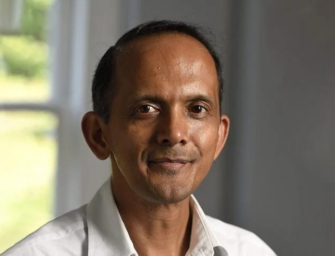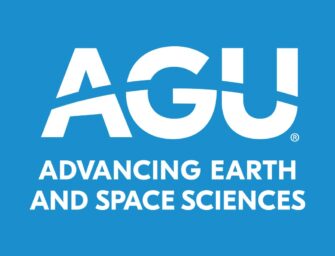#AGU21 highlights from Monday, Dec. 13
Highlights from Monday, December 13:
#AGU21 kicked off with tons of sessions, workshops and presentations for solution-focused content in a rapidly changing environment.
Sessions run online and in-person this week, and you can see all the sessions later on your own time, too.
Eos’s coverage of #AGU21 today:
- A Hotter Earth Means Stronger Tornadoes. Although their frequency may decrease, models suggest anthropogenic climate change will increase the intensity of tornado outbreaks.
- Indigenous Communities Outline Their Climate Data Priorities. Native American tribal communities are actively engaged in adapting to climate change. What information and data will help them build resilience to the new normal?
- Earthquakes Ripple Through 3D Printed Models of Los Angeles. Using stainless steel models, researchers find that high-frequency seismic waves—the most damaging to buildings—are attenuated in the Los Angeles sedimentary basin.
#AGU21 in the news:
- Crucial Antarctic ice shelf could fail within five years, scientists say. The Washington Post, 13 December. Scientists have discovered a series of worrying weaknesses in the ice shelf holding back one of Antarctica’s most dangerous glaciers, suggesting that this important buttress against sea level rise could shatter within the next three to five years.
- Study: Winter tornadoes to get more powerful as world warms. AP News, 13 December. Nasty winter tornadoes — like the deadly ones last week that hit five states — are likely to be stronger and stay on the ground longer with a wider swath of destruction in a warming world.
- Earth scientists: We’re meeting on front line of world’s climate challenge, in Louisiana. The Advocate, 12 December. The future of earth science looks a lot like Louisiana, as the state faces challenges like climate change, sea level rise, food security, energy transition, landscape restoration and environmental justice.
Some event highlights from Day 1:
- Dr. Robert Bullard, often described as the father of environmental justice, delivered the Presidential Forum lecture on how to build trusting relationships between communities and science in support of environmental justice.
- In a press conference, scientists from CIRES discussed the threat posed by the retreat of Antarctica’s riskiest glacier.
What to watch for tomorrow, December 14:
- Special Presidential Envoy for climate John Kerry and President Biden’s science advisor Dr. Eric Lander will deliver plenary lectures.
- Dr. Jeffrey Sachs, the Director of the Center for Sustainable Development at Colombia University will deliver the Frontiers of Geophysics lecture.
- NOAA will release its Arctic Report Card 2021.





There are no comments
Add yours